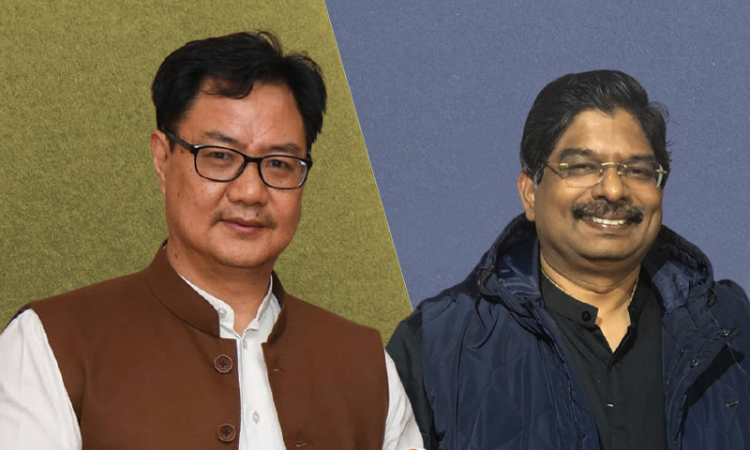Make Diversity Mandatory In Appointments To Union Judiciary: TN MP P Wilson Writes To Law Minister
Sebin James
15 Aug 2021 7:43 PM IST

Next Story
15 Aug 2021 7:43 PM IST
Senior Advocate and Rajya Sabha MP of Dravida Munnetra Kazhakam (DMK) from Tamilnadu, P. Wilson has brought forth the lack of social representation in judicial appointments as an issue that deserves the attention of Union Law Minister Kiren Rijiju. Terming the Supreme Court as the 'sentinel on the qui vive' (the guard who is on alert) due to its indisputable status as an...
